Lady She-Woman: Female Superhero Codenames and Identity
Monica Rambeau is on her fourth superhero codename. In the pages of Mighty Avengers she's Spectrum, having previously gone by Captain Marvel, Photon and Pulsar. The Captain Marvel identity now belongs to Carol Danvers, also on her fourth codename after Ms. Marvel, Binary and Warbird. Her first codename now belongs to Kamala Khan, the fourth Ms. Marvel after Danvers, Sharon Ventura and Karla Sofen.
But Carol is actually the third woman (and seventh character) to call herself Captain Marvel in the Marvel Universe. The second woman was Phyla-Vell, who was the fourth Captain Marvel after she was the second Quasar, before she was the first Martyr, before she saved herself the trouble of another codename by dying. Oh, those women! They never know who they are!
I'm being facetious, of course. These characters don't choose their identities; they're given them by writers and editors. If there's a problem here, it's not the women, but how they're treated.
Monica Rambeau lost her first codename to Phyla-Vell's brother Genis because he was in a book at the time and she wasn't. She lost her second codename to... the same guy, for the same reason. Her third codename, Pulsar, was swiftly dropped when she took charge of Nextwave under her own name. She went back to Photon after Genis-Vell's death, before deciding on Spectrum for no really evident reason except that all her codenames after Captain Marvel have been forgettable.
What we can take from all of this is that Monica Rambeau is not a very important character -- and I say that as a fan. She does not have a superhero identity that's indelibly her own.
Compare her, for example, to Steve Rogers. He can call himself Nomad or the Captain for a while, and other people can take the name in his absence, but the Captain America identity will always be there waiting for him when he wants it. Iron Man is Tony Stark, despite Rhodey's time in the suit. Spider-Man is Peter Parker, regardless of clones and body swaps. Wolverine will always be that short hairy guy who used to smoke cigars. Male heroes can take vacations from their identities, but they always come home.
Captain Marvel is three different women and four different men -- and that's before you consider that there's a whole other publisher with a guy who sometimes goes by the same name as well. Marvel seems committed to the idea of Carol Danvers as Captain Marvel, having launched her in a book with that title twice in three years. It's a good fit, and hopefully it will stick.
But there's always a danger she'll relapse into her old identity again, especially as there have been suggestions that a movie version of Danvers would be 'Ms' and not 'Captain'. That would undermine the identity of both Danvers and Kamala Khan in the comics universe. (It would also give us the peculiarity of a set of female movie heroes -- Black Widow, Scarlet Witch, Ms Marvel -- that all have gendered codenames.)
Identity is central to superhero fiction. It's a genre that gives us heroes; big, broad, iconic modern gods that lift us up out of the uncertainties of our own lives to a place where who you are and what you stand for is known. Spider-Man and Captain America can have identity crises in which one throws his costume in the trash and the other takes off the flag, but their conflict isn't ours. We know they'll put their costumes back on, and these stories trade on the satisfaction of that certainty.
For a lot of female heroes, owning a superhero identity presents an almost insurmountable challenge. A significant number of DC's female heroes are based on other heroes, from Batgirl, Supergirl and Wonder Girl through Stargirl, Mary Marvel and Ravager. Like capes and putting "-man" at the end of a codename, legacy heroes and sidekicks are tropes that DC is especially fond of.
Marvel's Captain Marvel started the same way and outlasted the hero she was inspired by. Only Zatanna, the daughter of the Golden Age comic book magician Zatara, has really managed to steal the crown in the same way in the DC Universe. It's unlikely that many other DC heroes will follow suit, given the size of the heroes and DC's commitment to nostalgia.
That leaves these women in a permanently untethered state. Five Batgirls, four Supergirls and three Hawkgirls have passed their names around like travelling pants. Few of these women graduate to their own permanent identities the way Robins seem to. Barbara Gordon broke away, establishing herself as Oracle for more than 20 years, but was still sucked back into the gravity well of the bat-eared cowl, evicting another Batgirl, Stephanie Brown, in the process.
These male heroes represent values and ideals; these female heroes can do the same, but they also unavoidably represent male heroes.
The legacy system has been a boon for DC's female heroes in one regard, however; the publisher has more success launching and sustaining titles with solo female leads than their rivals at Marvel. That means these characters are well-established in the minds of their dedicated fans -- but they're still overshadowed by the characters they borrow their identities from. That leaves them unusually vulnerable to the whims of editors and changing creative teams. Female heroes get cycled in and out of limbo while the male heroes stay in situ. Ask a fan of Batgirl how that feels. Ask a fan of any Batgirl.
Marvel has a few characters in this spin-off vein as well; Siryn, X-23, Polaris, She-Hulk, Red She-Hulk. But it's not Marvel's standard trope. Marvel has fallen into a different peculiar habit; either giving female heroes codenames and then taking them away, or never giving them codenames to begin with.
Jean Grey, Misty Knight, Emma Frost, Kate Bishop, Dani Moonstar, Rachel Grey, Hope Summers, America Chavez, Kitty Pryde, Nico Minoru. These are all active superheroes whose real names are better established than their codenames. Some of them don't have codenames. Kate Bishop shares hers. Sue Storm barely clings to "Invisible Woman". Monica Rambeau will at this point probably always be Monica Rambeau, whatever hat she's wearing this week.
It's a peculiar tic that presents a different challenge to the concept of identity. Are these women heroes in the same way as Wolverine, Spider-Man and Cap? Are they somehow less serious, less committed, if they don't have superheroic names? Do they represent a different paradigm?
I suspect it's meant to be modern, which is why so many of these characters are young women. Men wear masks and adopt secret identities; women merge their identities and save the world under their own names. Seen that way, it's an act of liberation.
It's a tempting argument, and if we look at the few male Marvel heroes who also go by real names (real full names; not the Thors and Bishops and Doctor Stranges) the idea carries through. Luke Cage, Jamie Madrox and Hank Pym have all rejected old superhero identities and old modes of being a superhero. Women dominate the trope because fewer of them are well established, and the best established are running from "Marvel Girl" and "Invisible Girl" -- gendered terms that feel diminishing in the Marvel Universe (despite being the standard at DC).
Yet young male heroes still muster up codenames, or try to. Quentin Quire named himself Kid Omega. Billy Kaplan toyed with Asgardian before settling on Wiccan. Victor Mancha cycled through possible code names in Avengers A.I.. The mask and codename are still the dominant paradigm, and by force of numbers alone it's a masculine paradigm. But it's surely undeniable that there's an empowering iconography to Carol Danvers standing shoulder to shoulder with Thor, Iron Man and Captain America as Captain Marvel. She is conspicuously presented as the equal of her male peers, complete with iconic emblem.
There are plenty of female heroes that own their superhero identities. I haven't forgotten Storm, Black Canary, Scarlet Witch, Wonder Woman, Black Widow, Catwoman. I'm not suggesting that such ownership of an identity is unheard of, or even uncommon, but I do worry that certainty and ownership is less common among female heroes than it is among male heroes. I worry that unsettled identities are a manifestation of second-class status.
We know that superhero fiction is traditionally male, and that women are not treated equally. It helps to be conscious of all the ways in which this is true as we hope to move forward. It helps to recognize that the value of superheroes can be diminished if they aren't presented as icons, and that it's demeaning if women are always forced to pass their codenames around or throw them away while the men get on with the business of being iconic.
Let there be one Captain Marvel. Let it be Carol Danvers. There shouldn't be just one paradigm for superhero identity, but whatever paradigms exist, they should be available as equally to female heroes as to male.
More From ComicsAlliance

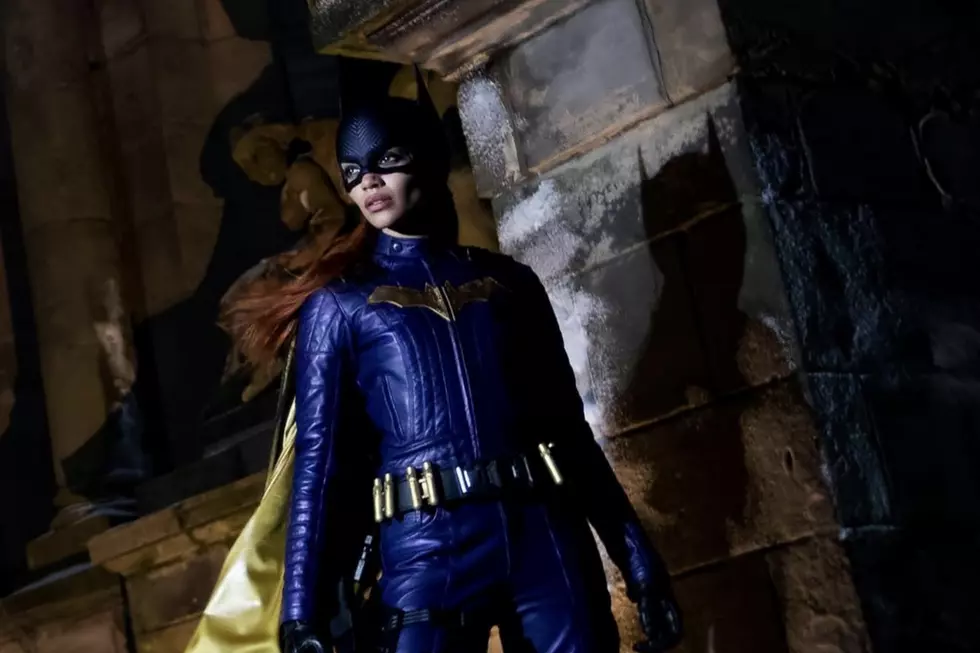

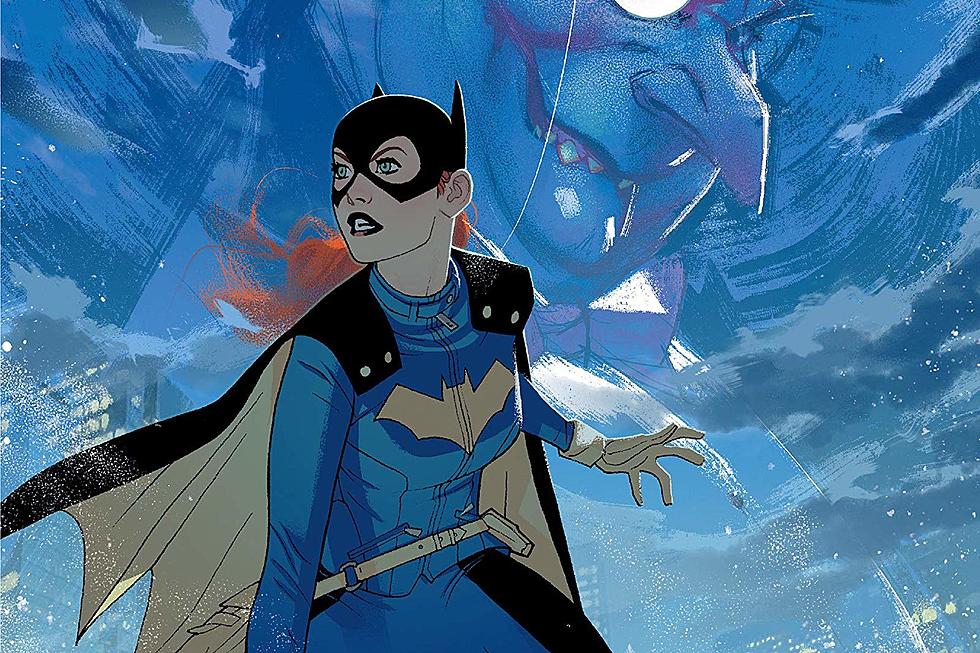

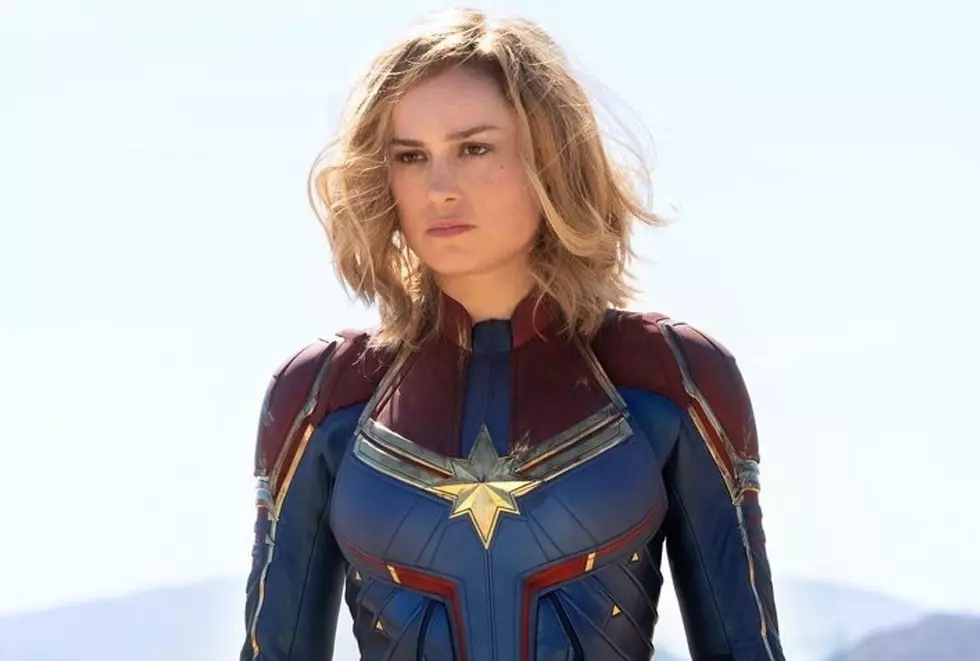
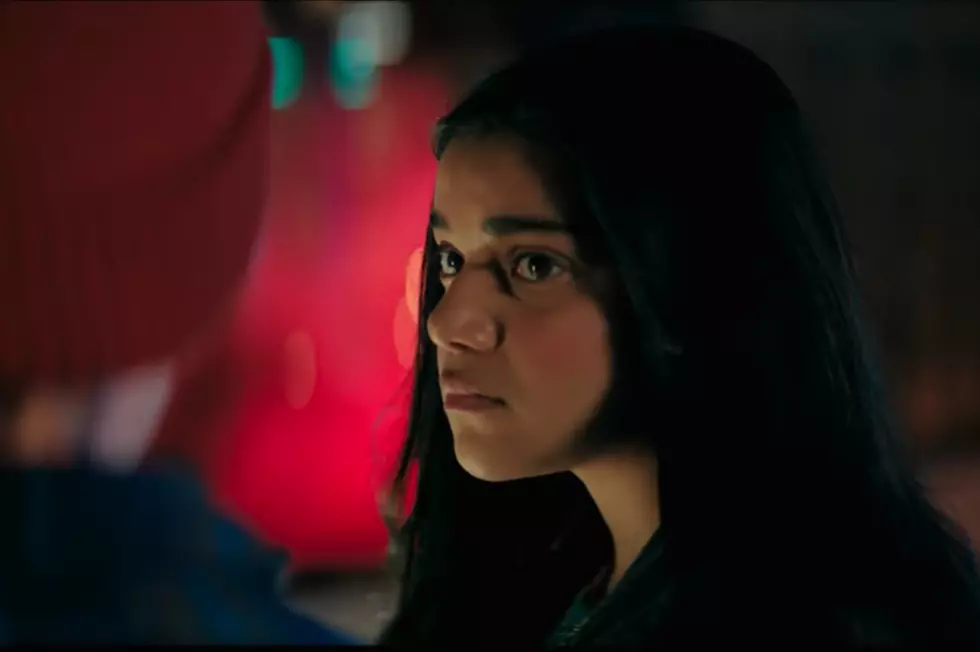

![When Everything Is Pink, Nothing Is Pink: Sarah Stern On Color And Creativity [Interview]](http://townsquare.media/site/622/files/2017/03/Cindersong-feat.jpg?w=980&q=75)
